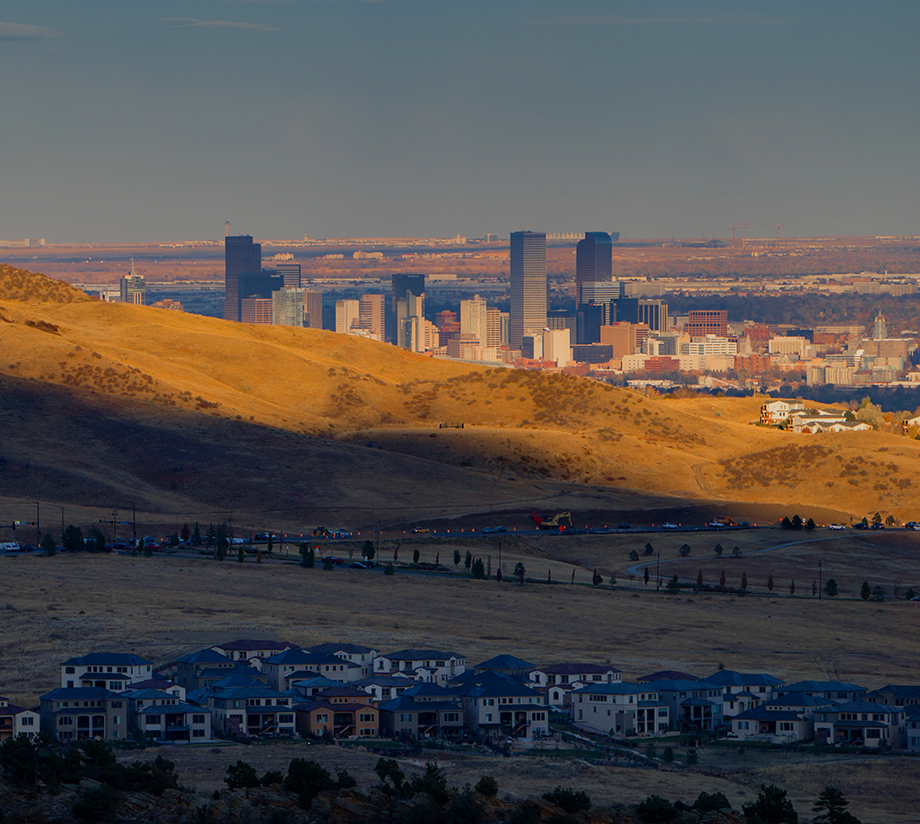What Is the Difference Between a Lawyer and an Attorney?

Most people use the terms lawyer and attorney interchangeably without realizing that each word has a different definition. In reality, attorneys and lawyers are both advocates for their clients. They work to protect their client’s legal rights and obtain the desired outcome in a case. Attorneys and lawyers have a fiduciary duty to act in their client’s best interests.
Strictly speaking, a lawyer has a Juris Doctor (JD) or law degree from a law school. However, a lawyer is not admitted to practice law. Nonetheless, nowadays, the term lawyer can be used to refer to a practicing attorney as well.
Attorneys also have a law degree but are admitted to practice in one or more states. An attorney has passed the bar examination and/or completed the other requirements under state law to be admitted to practice.
Licensing Requirements for Attorneys and Lawyers in Colorado
The requirements to be admitted to practice law in Colorado depend on whether you are a recent law school graduate, took the bar examination in another state, a seasoned attorney, or want a temporary license to practice law in Colorado.
To be fully licensed as an attorney or lawyer in Colorado, you must:
- Pass the Colorado Bar Examination, have an acceptable Uniform Bar Examination (UBE) score to transfer from another state, or file a motion with the court for admission of an out-of-state attorney
- Submit a completed application questionnaire
- Undergo a Character and Fitness Investigation
- Have an acceptable Multistate Professional Responsibility Exam (MPRE) score
- Attend the Practicing With Professionalism course
The Office of Attorney Registration can issue a temporary license and certification to practice law in Colorado for the following:
- Pro Bono Certification
- Single Client
- Judge Advocate (JAG)
- Law Student Practice
- Pro Hac Vice
- Law Professor Certification
- Foreign Legal Consultant
- Practice Pending Admission
- Military Spouse Certification
Practicing under a limited license or certification requires you to meet specific requirements and submit an abridges application. However, there is no MPRE requirement for temporary or limited admission.
What Happens if You Practice Law Without a License in Colorado?
Generally, only licensed attorneys and lawyers in good standing with the Colorado Supreme Court are authorized to practice law in the state. Thus, a non-lawyer typically cannot:
- Provide legal advice to someone
- Select legal documents on behalf of someone
- Interpret the law as it could apply to someone’s situation
- Draft legal documents for someone
- Prepare someone’s care for trial
- Represent someone in any legal matter or transaction
The Unauthorized Practice of Law Committee was created by the Supreme Court of Colorado to deal with the unauthorized practice of law by non-attorneys or attorneys and lawyers not admitted to practice law in the state.
The committee issues an order or injunction instructing the person to stop the unauthorized practice of law. If the person continues to do so, they may face contempt charges. The court could order penalties, including jail time and a fine of $2,000 or more.
Tips for Choosing the Best Lakewood Personal Injury Lawyer for Your Case
A Lakewood personal injury attorney can help you in many ways. An attorney investigates the cause of your injury to gather evidence proving causation and fault, two elements you must prove to hold the person liable for damages. Your lawyer also identifies all parties who could be liable for your damages.
Choosing a personal injury lawyer in Lakewood to handle your accident case can be overwhelming. Where do you begin to look for an attorney?
You could ask trusted friends and family members for a recommendation. If you know an attorney who practices another area of law, ask them who they would choose for a personal injury attorney. You can also search online for personal injury law firms in Lakewood, CO.
Before hiring an attorney, always check the attorney’s authority to practice law and their disciplinary history. You can perform a search online through the Office of Attorney Regulation Counsel.
Other things to consider when choosing a Colorado personal injury lawyer include:
- The level of experience handling cases like your case
- The attorney’s success rate, including negotiated settlements and jury trials
- The fee structure the attorney charges (most injury lawyers work for a contingency fee)
- The ease of communication between you and the lawyer
- The ability to explain the law efficiently and in terms you understand
- The ratings the attorney has received from peers and previous clients (i.e., Martindale-Hubbel, Avvo, Justia, Google, Yelp, and more.)
- The size of the law firm and the resources the lawyer has to handle your case
You may need to meet with several lawyers before finding the right fit. Most Lakewood personal injury lawyers offer free consultations. Therefore, you can meet with a few attorneys before deciding which attorney to hire for your case.
Contact Our Lakewood Personal Injury Law Firm For Help Today
If you’ve been injured in Lakewood, CO, and need legal help, contact an experienced personal injury lawyer at Matos Personal Injury Lawyers to schedule a free consultation.
Matos Personal Injury Lawyers – Lakewood Office
550 S Wadsworth Blvd, Suite 300, Lakewood, CO 80226
(720) 912-7274
Hours: Open 24/7
